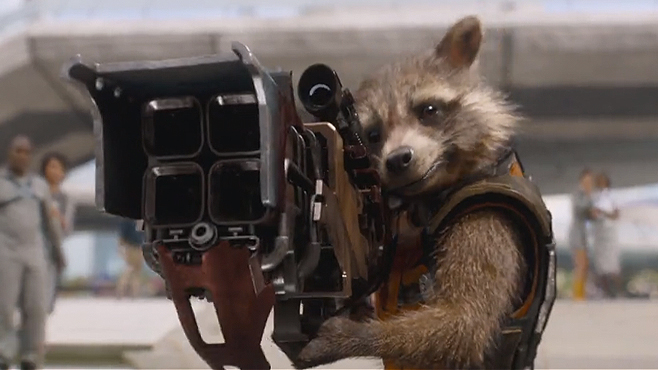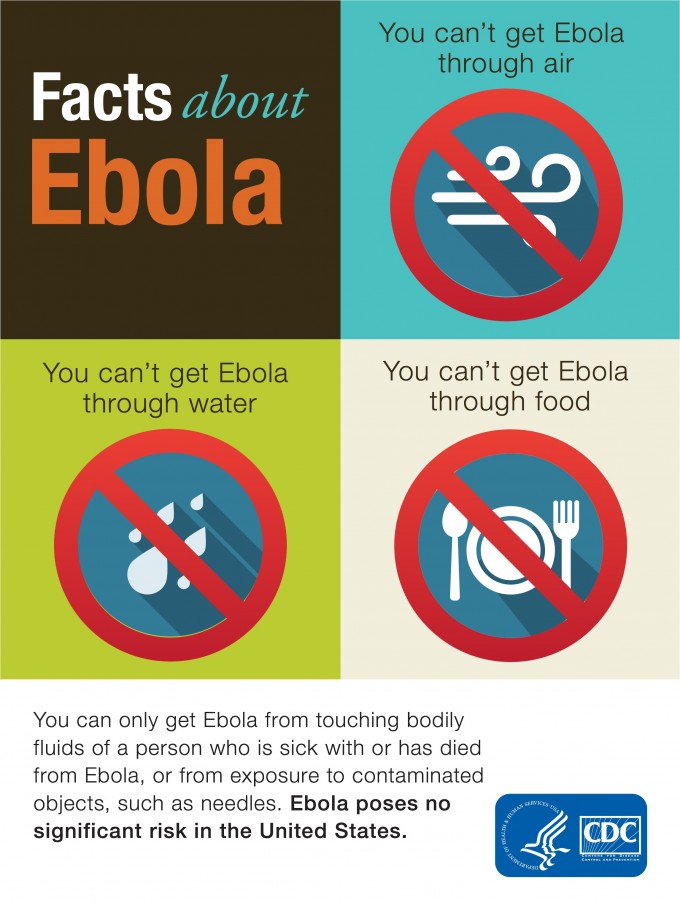 And I’d been having a relatively good afternoon, too.
And I’d been having a relatively good afternoon, too.
I was nearing the bottom of my inbox at work for the first time in several days, and I’d finally forced myself to break away and go for my afternoon walk, during which the incongruous sight of a fully armored Imperial stormtrooper strolling up South Temple Street brought a smile to my face. (I’m guessing he was a cosplayer on his way home from some event, but really I have no idea what the deal was… there was simply a stormtrooper walking around in broad daylight in Salt Lake City on a summer day in the early 21st century, and how can you not smile at that?) When I got back to the office, I went up a floor to see my friend Waylon. He had some DVDs I wanted to borrow, and I also figured he, of all people, would appreciate my “Imperial entanglement.” He sits just off the emergency staircase and, as I came through the fire door and approached his cubicle, I saw the headline splashed across the top of his computer screen: “Robin Williams dead at 63.”
“Dude,” I said, “Tell me that’s another one of those stupid damn Internet hoaxes.”
Waylon turned to me and from the solemn expression on his face, I knew this wasn’t a hoax. And I felt like I’d just taken a crossbow bolt in the chest.
I was on the verge of tears all Monday evening thinking about it. The last celebrity death that hit me this deeply, as best I can remember, was Jim Henson way back in 1991. And I imagine Robin’s death is affecting me so deeply for similar reasons that Jim’s did: Both men’s work were constant fixtures in my life from a very early age, both had a tremendous influence on my sense of humor and my view of the world, and both left this world very suddenly and unexpectedly.
Like everybody else, I suppose, I first encountered Robin Williams when he played Mork from Ork, a naive extra-terrestrial trying to understand the mysterious ways of humans, first in an episode of Happy Days, then in the spin-off series Mork & Mindy. I don’t know if people today realize how insanely popular that show was, at least at first, but I remember it well. There were Mork dolls and lunchboxes and board games and tie-in books (even a Fotonovel, one of those curious late-70s publications that used stills from the show and comic-book-style word balloons to tell the story). I myself proudly wore a t-shirt emblazoned with Mork’s face and catch-phrases — the greeting “nanu, nanu,” and the expletive “Shazbot!” And I had a pair of rainbow suspenders like Mork’s, and a wall calendar. Hell, I even named a pair of kittens we acquired around that time “Mork” and “Mindy.”
In the world of three-camera sitcoms that were comfortable but utterly predictable viewing, Robin Williams seemed as if he really was a space alien. Nobody had ever seen anything quite like his style: the weird, squeaky child voices and celebrity impressions he could launch into without a moment’s hesitation, the warped-lens view of the mundane world, the rapid-fire, stream-of-consciousness delivery, the barely contained physical energy. In fact, his tendency to be in constant, restless motion led to the innovation of a fourth camera on the Mork & Mindy set, because he couldn’t stay in his marks.
Robin’s improvisational nuttiness bore some resemblance to Jonathan Winters’ (who would become a cast member in M&M’s final season, playing Mork and Mindy’s child), but only some. Beyond a certain point of comparison, Robin was just Robin, a uniquely odd performer. And yet, unlike other oddball comedians who were more or less contemporary — Andy Kaufman, say, or Stephen Wright, or even the great Steve Martin — Robin was lovable in addition to weird. He had a cuddly quality that only seemed to grow as he aged.
I was just a kid when Robin played Mork. By the time I was a teenager, I was thinking of him primarily as a stand-up comedian. As I mentioned recently, I went through a phase when I was obsessed with stand-up, and Robin’s HBO specials (which I saw on VHS tapes rented from my local mom-and-pop video store, as we didn’t have cable), and especially his record album Reality… What a Concept!, were favorites of my rebellious young self. His routines have the zaniness of Mork, but with the added transgressive appeal of being dirtier than hell, all delivered at a pace that leaves the viewer gasping for breath while he’s already three jokes ahead. My God, that man’s mind was fast. I’ve always been awestruck by the way he could pivot from one subject to another, jump in and out of fully realized characters, and improv off audience feedback faster than the average human being could even process what had just happened. I realize, of course, that some of that incredible tempo was surely a side-effect of the cocaine that Robin snorted by the bucketful back in the day… but not all of it. Even when he got older and clean, he was still faster than you or me. (I’ll be honest, Robin’s live performances could be exhausting, and I’ve always had to be in the right mood for one. But that doesn’t lessen my appreciation of them!)
But of course, it is as a movie actor that Robin Williams is going to be most remembered, and I’ve been very interested over the past couple days to see which of his movies people are mentioning with the most fondness. My lovely Anne immediately brought up Popeye and Hook. (For a film that’s so critically reviled, Popeye seems to be surprisingly popular, especially among folks who performed in high school musicals… or so it seems from my perspective.) My literary and cineaste friends are sentimental about The Fisher King, while parents are all about the films they can share with their kids: Jumanji, the Night at the Museum series, and, of course, Aladdin. Mrs. Doubtfire and The Birdcage both seem to be pretty large touchpoints. And even Patch Adams, a flick I don’t really remember anything about except the treacly bad taste it left in my mouth, has gotten some love.
My own favorites are from the mid-point of his filmography, a pair of deeply humanistic and compassionate dramas that came out during my theater-usher days. Awakenings, released in 1990 and based on real events in the life of Dr. Oliver Sacks, bears some resemblance to the old story “Flowers for Algernon,” as we watch a comatose medical patient (played by Robert De Niro) re-emerge into full consciousness, struggle to deal with the ways the world has changed while he’s been “sleeping,” and then regress back into his unaware state. The final scene, in which Robin, playing the doctor who revived and then befriended De Niro, tries to find some solace is devastating… a quietly powerful bit of acting that’s so far removed from Mork from Ork that it’s hard to reconcile the two characters emerging from the same artist.
And then there is Dead Poets Society, which came out the year before Awakenings, in 1989.
Honestly, I’ve become somewhat ambivalent about this one as I’ve gotten older. The “carpe diem” thing quickly turned into a tiresome bumpersticker slogan, and really what the hell does it mean, anyhow? How is it really possible to “seize the day” — every day? — when so much of adult life is by necessity composed of repetitive, mundane activities you’d really rather not be doing, but have to do in order to hold it all together? Believing too strongly in “carpe diem” strikes me as just one more set-up for disappointment and failure in a world that’s already filled with those.
I’m also pretty dubious these days of the film’s idealistic messages about the power of literature and fighting the system and the possibility of each and every special snowflake living an extraordinary life. But then I’m speaking from the perspective of a chronically sleep-deprived, stressed-out, frustrated, disillusioned fortysomething. Back when the movie first came out, though… back then I was nineteen years old, planning to declare an English major in the fall, and dreaming of writing novels for a living. I don’t know that there could have been a target audience more precisely suited for Dead Poets Society than I was. All that jazz about sucking the marrow out of life and letting the words drip from our tongues like honey… God, that was seductive. I wanted that. For a brief time, because of this movie, I even considered becoming an English teacher, imagining of course that I would be the cool, unorthodox, inspirational variety of teacher like Mr. Keating, the character Robin Williams plays in the film.
Dead Poets no longer speaks to me the way it once did… but it remains important to me because I remember the sound of its voice, and the tingle it sent down my spine, and the ghost of the young man I was then. And it’s important to me because the movie itself, the artifact called Dead Poets Society (as opposed to the story, the art), was such a big motif in the backdrop of a very dear and all-too-short-lived period of my life, that glorious Summer of ’89, when I was young and in love with my girl, my car, and the endless possibilities you only seem able to see at that age.
On the days I worked while Dead Poets was playing, I used to duck into the back of the auditorium to watch the final scene. I must’ve seen that one scene a hundred times that summer. I prided myself on opening the theater doors at just the right moment, as the screen is fading to black and the bagpipes are kicking in on the soundtrack, fulfilling my duty as an usher to bring the audience back into the real world with a little bit of class. I’m not at all surprised that I’ve been hearing that music in my head ever since I read that terrible headline on Waylon’s monitor.
I like to think that before Robin Williams passed from this world altogether, bound for whatever lies ahead for all of us in that undiscovered country, he was granted a brief moment to pause and look back and see how many of us have been standing on our desks this week in solidarity and affection for our fallen captain. I hope the sight made him smile.





